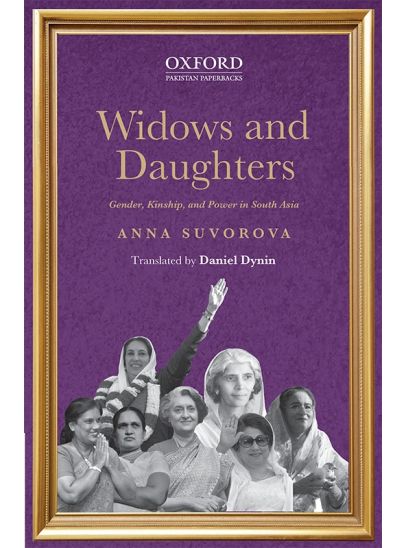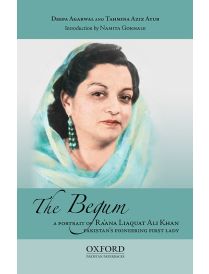Widows and Daughters
This book outlines the so-called ‘contemporary Asian matriarchate’. In the twentieth century, six women have held the office of prime minister in South Asia. The pioneers were Sirimavo Bandaranaike of Sri Lanka, the world’s first female prime minister, and Indira Gandhi, who headed the Government of India. They were followed by Benazir Bhutto, the Prime Minister of Pakistan, Sheikh Hasina Wajed and Begum Khaleda Zia, holders of the same position in Bangladesh, and Chandrika Kumaratunga, the Sri Lankan President. Why should countries so long associated with patriarchy and the subordination of women be the focus for so many politically prominent females? The analysts attribute it simply to inheritance as each of these women was a widow or daughter of a slain male national leader. Women have tended to move into top position of power under the most dramatic circumstances—as a result of military coups, attempted murder, and assassination. This book tries to unravel the question of how these six women have managed to take power and how they have been able to exploit to their benefit the traditions of sexuality, motherhood, and kinship in South Asia.
 Weight in kg
0.30
Weight in kg
0.30
 Rights
World
Rights
World
 Year of Publication
2019
Year of Publication
2019
 Binding
Paperback
Binding
Paperback
 Pages
316 pages
Pages
316 pages




 Bulk Order
Bulk Order Request a Quote
Request a Quote







